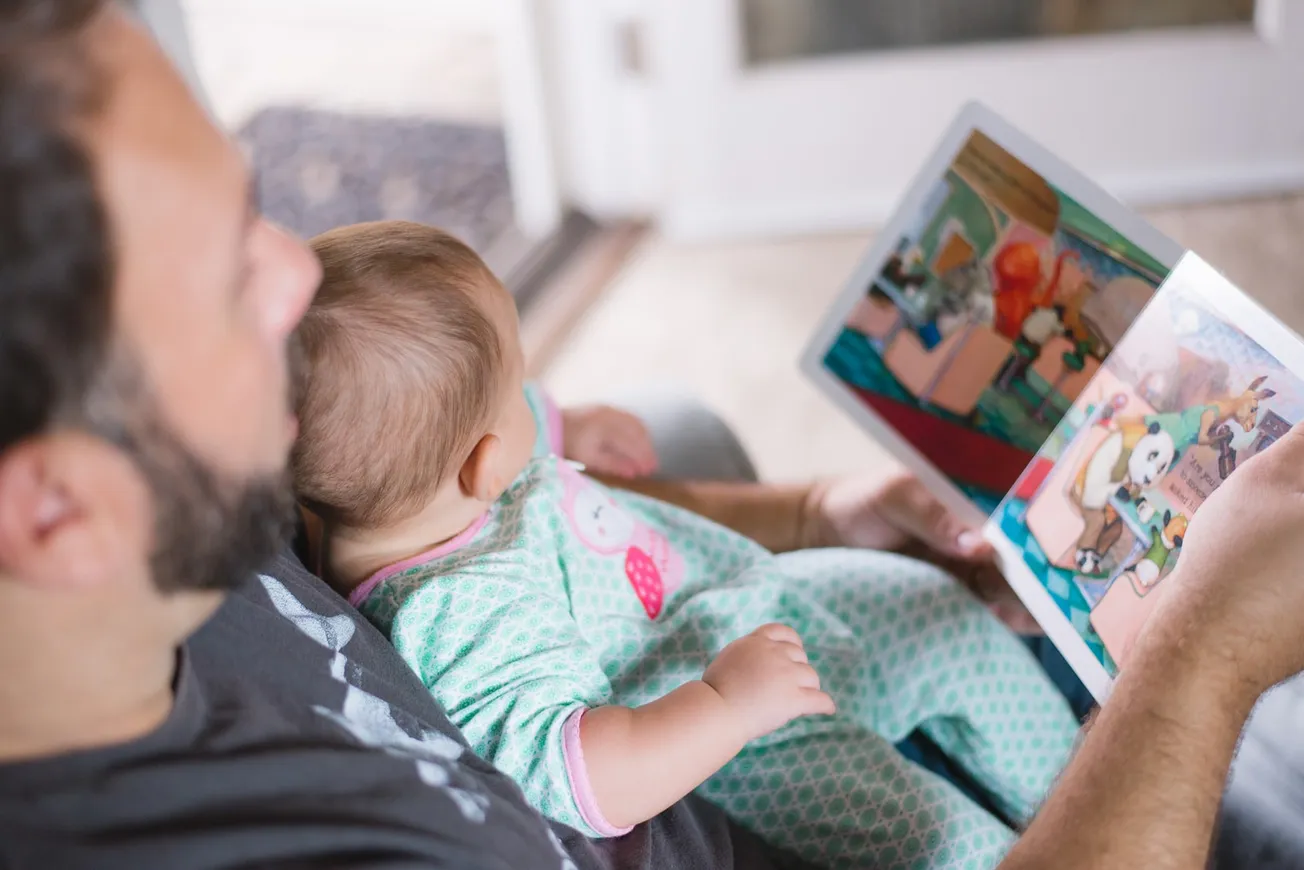Table of Contents
Tani Newton
I’ve been writing about the declining fertility of much of the world and our prospects for the future when population decline sets in. It makes me want to ask what the alternative to this grim fate is. Could it be possible to change it?
Research looking at what correlates with a shift to declining fertility in a population consistently identifies one outstanding factor: education for girls. The more girls and women are educated, we are told, the fewer children they will have.
To women, especially devoted mothers, this must be deeply discouraging and humiliating. It implies that women only have children because they don’t have anything else to do with their lives, or because they are oppressed and helpless. It could be seen as implying – because education is so closely associated with intelligence – that having more children is a sign of lower intelligence. This should alert us that something isn’t right, because ideas that are anti-life and anti-human are usually also anti-truth.
So I want to challenge this notion – not the statistical facts, but the interpretation of them. I suggest that the terminology used itself constitutes interpretation.
What does the word education mean? In the past, back when it tended to be the prerogative of the privileged classes, it usually meant being introduced to the great literature of the world and the great ideas of the philosophers, in order to develop to a high degree the analytical powers of the mind. This, together with a deep knowledge of history, was one of the things that made great statesmen, whom we no longer have.
What is meant by the word today is really what would be better described as vocational training. For, however advanced and complex it might seem to be, it is still fundamentally a matter of being taught how to connect widgets to other widgets, be the widgets bytes or pixels, barium rods or chromosomes.
Now please observe how this changes the paradigm. Instead of “increased education for girls leads to lower fertility”, say “increased vocational training for girls leads to lower fertility” and suddenly the picture becomes crystal clear. If girls spend ten or fifteen or twenty years being trained for a specialised vocation, it stands to reason that they will enter that vocation. Why wouldn’t they? Once they have embarked on a career, powerful pressures come into play in their lives that make having children both difficult and unattractive.
So what is the solution? Stop educating girls? It’s not hard to guess why no one has suggested that, although there have been few results from various national governments’ attempts to persuade or bribe people into having more children.
I would like to suggest a better solution, and that is to start educating girls. (And why not boys as well?) Start giving them a real education, in the great literature and the great ideas. But let’s not imagine that this can ever be possible in State schools. What used to be called education (and it is still the only practical alternative to vocational training) is liberal education, so called not because it conforms to the modern ‘liberal agenda’, but because it is an education for liberty, specifically political and religious liberty. It would take a truly committed optimist (or a fathead) to imagine that such an education could be conferred by State force.
The home education movement of the last few decades has made a lot of progress and has had much success in producing informed, articulate young women who are also eager to be mothers. Much more remains to be done but, for those who intend to survive and populate the world of the future, there is a glimmer of light in the growing darkness.









